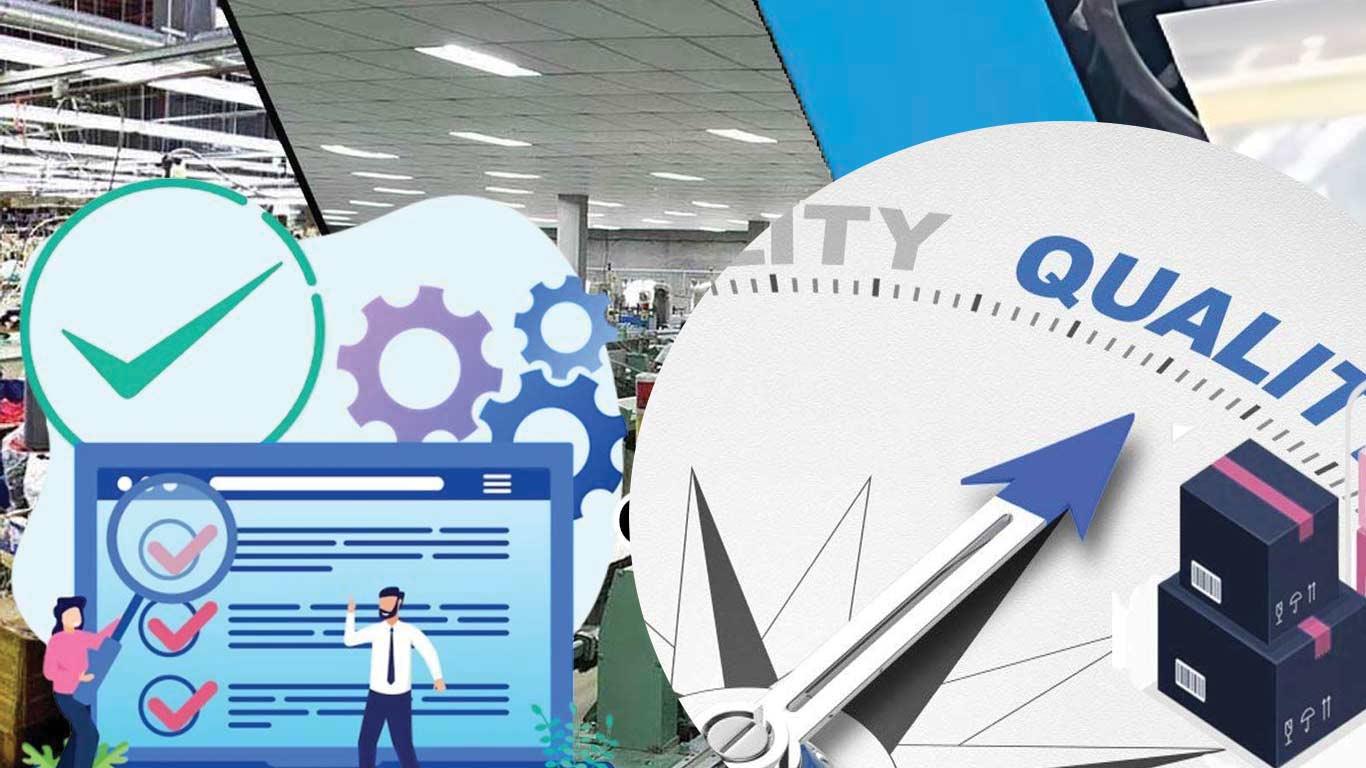
Msmes Hit Hard As QCO Expansion Raises Compliance Burden: DPIIT Panel
The panel, chaired by NITI Aayog member Rajiv Gauba, includes representatives from the Department for Promotion of Industry and Internal Trade (DPIIT), the Ministry of Micro, Small and Medium Enterprises (MSME), NITI Aayog, and major industry associations such as FICCI, CII, and Assocham, reported Business Standard.
According to people familiar with the matter, the committee has suggested that the government scrap 27 existing QCOs covering critical industrial inputs such as plastics, polymers, base metals, footwear, and electronic components to ease pressure on manufacturers. The panel has also proposed suspending QCOs on 112 products and deferring upcoming orders affecting raw materials, intermediates, and capital goods essential to downstream industries.
The recommendations, outlined in an internal report submitted last month by the High-Level Committee on Non-Financial Regulatory Reforms, would need to be implemented by respective line ministries - including Textiles, Chemicals and Fertilizers, Steel, Mines, and DPIIT. For cases where deferment is advised, the committee has suggested that these be referred to an inter-ministerial group for detailed review.
QCOs - mandatory product standards notified by government departments in consultation with the Bureau of Indian Standards (BIS) - were originally designed to ensure product quality and safeguard consumer health and safety. However, the committee observed that in recent years, the scope of QCOs has expanded beyond finished goods to include industrial inputs, resulting in higher compliance burdens, especially for MSMEs.
The panel noted that restrictions on inputs such as polyester fibre, yarn, and high-grade steel have forced several plants to operate below capacity, raised production costs, and hurt export competitiveness.
Industry representatives and trade partners have also voiced concerns. Major trading partners, including the United States and the European Union, have increasingly flagged India's QCO framework as a potential non-tariff barrier in trade discussions.
Over the past decade, the government has rapidly expanded QCO coverage to curb substandard imports and promote domestic manufacturing. From just 70 products in 2016, the number now exceeds 790, according to the latest figures.
(KNN Bureau)
Legal Disclaimer:
MENAFN provides the
information “as is” without warranty of any kind. We do not accept
any responsibility or liability for the accuracy, content, images,
videos, licenses, completeness, legality, or reliability of the information
contained in this article. If you have any complaints or copyright
issues related to this article, kindly contact the provider above.


















Comments
No comment